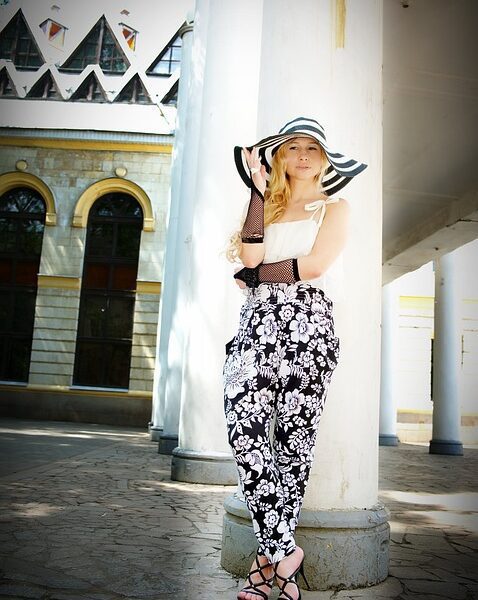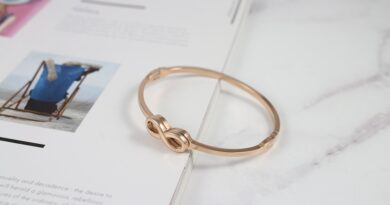The Rise of Body Positivity in Fashion: Celebrating Women of All Sizes
Fashion has always been skewed towards promoting a certain body type, size or shape. But there is a growing demand for size inclusivity in the fashion industry, and the wave of body positivity is sweeping across the fashion world, embracing women of all sizes.
Body positivity is not a new concept, but it has only recently been in the spotlight in the mainstream media and fashion industry. The movement rejects the societal pressure to conform to a certain body type and aims to celebrate bodies of all shapes and sizes.
The push towards body positivity has come from a variety of sources, including activists who have demanded change in the fashion industry, plus-size models and celebrities who have spoken out about their own experiences with body image.
The rise of body positivity has also come from consumers, who are increasingly demanding more inclusivity in the fashion industry. In the past, plus-size women have had limited options when it comes to clothing, as many retailers only catered to straight sizes or considered plus sizes as an afterthought. However, this mentality is slowly changing, with more fashion brands now producing clothing in extended sizes and designing collections specifically for plus-size women.
Furthermore, body positivity has become a widespread issue, encompassing body hair, skin color, disabilities and other aspects of an individual’s appearance. This has opened up the conversation about beauty and personal identity, with people enjoying the freedom to create their own definition of beauty that does not conform to societal standards.
One of the most significant trends in body positivity is the body positivity movement, which focuses on celebrating the beauty of curvy and plus-size women. Plus-size models are becoming more visible in fashion shows and campaigns, further normalizing the idea of different body types being accepted in the fashion industry. On the runway, we are now seeing a mix of body types, ages, and ethnicities, with designers such as Chromat, Christian Siriano and Fenty x PUMA leading the charge.
Celebrities such as Lizzo, Ashley Graham, and Adele have also played a part in the movement, celebrating their bodies and encouraging women to embrace their curves. Lizzo, in particular, has become a body positivity icon, using her platform to promote self-love and acceptance while challenging traditional beauty standards.
In short, the rise of body positivity in fashion is a positive trend that helps women of all shapes and sizes embrace their bodies. By increasing the representation of diverse body types in the fashion industry and media, the movement is encouraging women to be confident and happy in their own skin, no matter what their shape or size may be.









